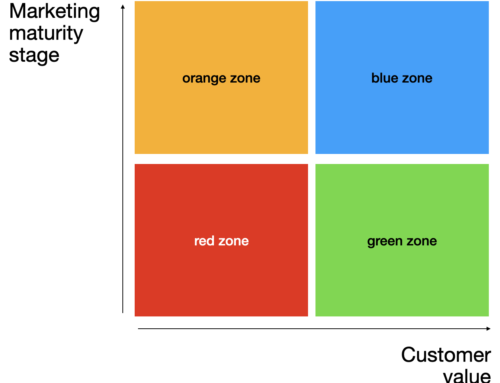Welcome to 2014.
Some of you may still be enjoying a holiday. Others may be easing back into the swing of things. And others may feel like 2013 was a very distant memory.
It dawned on me this morning – as I was walking my dogs – that 2014 already feels like a particular cartoon from my childhood – Birdman.
Now if you never watched Birdman, or Birdman and the Galaxy Trio, then take a quick peak at this clip.
Why? I hear you ask. Well Birdman was a character that was powered by the sun god Ra. And from time to time he needed a recharge from the sun’s rays.
Did you feel a little superhuman at the start of this year? Yet as you progress into the structure and day to day challenges of your business life things are starting to feel a little heavy? And as they continue you know you’re going to get bogged down in politics and process again.
Well that’s not unique to 2014, it’s the same after any break or holiday. However from my point of view, you should take a leaf out of Birdman’s approach and take regular recharges when running your business.
Do this by creating habitual change
Don’t just set your goals and objectives and then slip back into the normal way of doing things. If things start to become a habit, then recharge yourself and your approach to business.
I talk with business leaders about behavioural psychology when asked for direct to customer and strategic marketing advice.
Why? Because ultimately they’re wanting to change ingrained human behaviour. Switching customers, nurturing leads through to a sale, onboarding into a brand world, or managing customers through to repeat purchase and advocacy is all about changing behaviour. And in a supercharged social media and smart digital marketing landscape, behavioural loyalty is declining at a rapid rate as consumers are becoming more and more fickle. However on the positive side, consumers are becoming more and more open to trying new ways of engaging with brands.
In approaching habitual change I refer to the 3 Rs – a common framework used by behavioural psychologists.
Graphic based on Charles Duhigg’s “Habit Loop” in The Power of Habit. Created by James Clear
1) Reminder – a reminder is a trigger for a behaviour, not the ultimate objective you want to achieve. For example, if you want to get a little fitter you may be thinking that the reminder is to say to yourself “I’m going to get fit this year”. Actually that’s your goal or outcome you want to achieve. The reminder would be things to help you mentally start approaching your new fitness regime. It may be leaving your running shoes at the front door so that each morning they remind you to go running. Or it may be to leave a sweat towel in your bathroom to remind yourself to go for a run and then use the towel when you come back. Making sense?
2) Routine – the routine is in itself making the habit regular. Most psychologists agree that you should start with something small and then increase to ultimately achieve your goal. Small steps! So to carry on with the fitness analogy. Run for 1km every second day for the first week until you feel slightly fitter and less sore. Do lots of stretching – even though you may not have exerted yourself. You’re preparing your body for a journey. Then set a new goal to run 2 km every second day in the second week, and then 3km every second day in the third week and so on. Until you feel you have reached your ultimate goal of “getting a little fitter”.
3) Reward – most importantly reward yourself along the journey. Most marketing managers I come across set themselves goals, slip into the one habit and process and then never achieve their goals. They fail to celebrate success and get frustrated with teams around them. By setting small steps as routines then you can celebrate reaching each point. World’s best managers realise that by celebrating milestomes their teams not only stay motivated, but they feel truly recognised and valued. And success is measured by achieving the milestones. Make sense?
So armed with the knowledge of how to form a habit and how to continually create new habits to achieve success, lets get back to Biiiiiiiiiiiiiirdman.
When you feel a little enclosed, swamped or drained of energy, take a break. It’s OK to be seen away from your desk. It’s OK to actually take an hour off for lunch and walk through a park. It’s OK to actually wander around the office and talk to colleagues as long as you’re not interrupting them. And it’s OK to talk to the boss about ideas you have been pondering.
Will 2014 be different for you or same same?
I know it feels different for me already. I am celebrating my first milestone. My first post of the year. I hope you found it a little energising too.







Leave A Comment